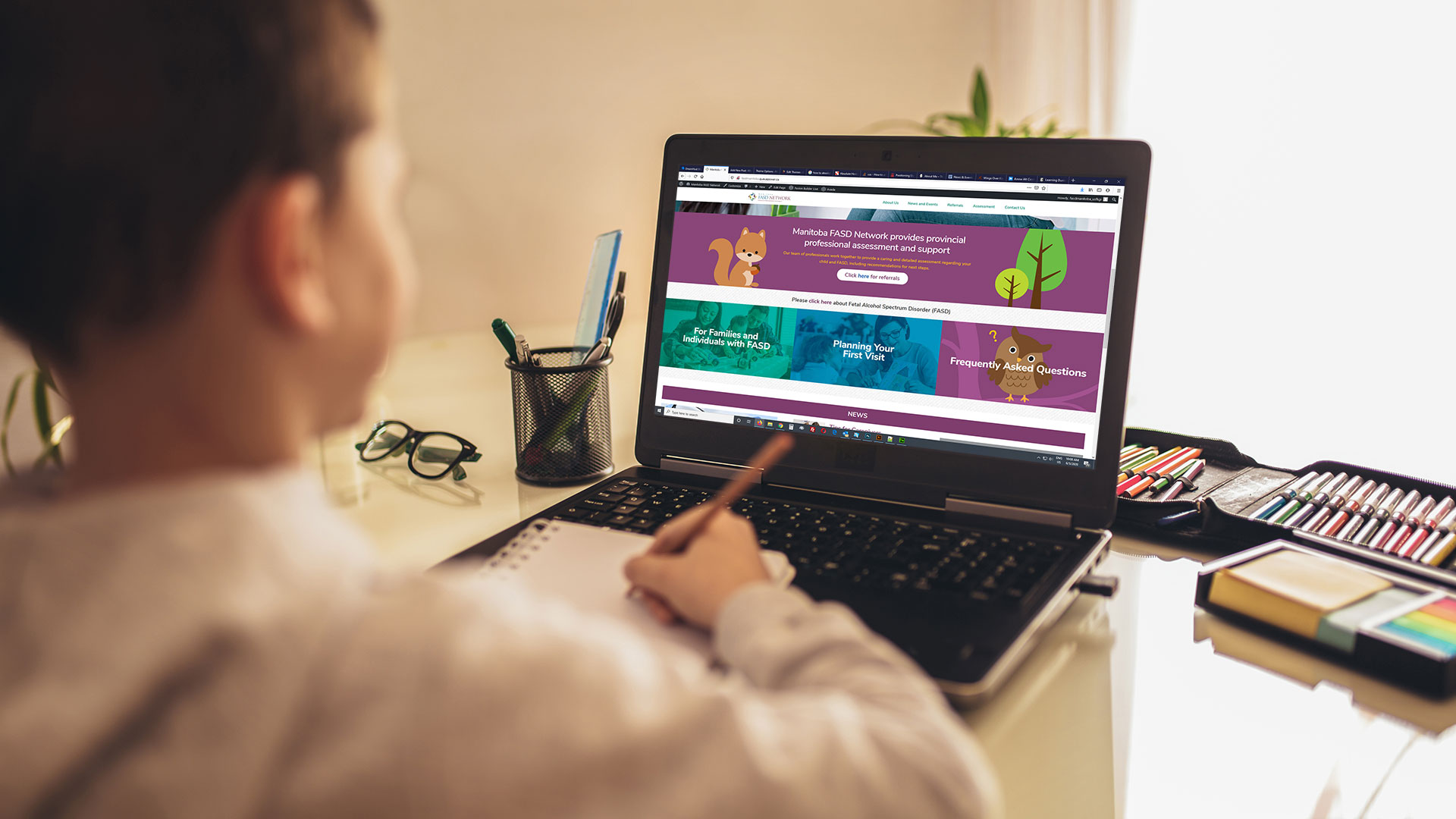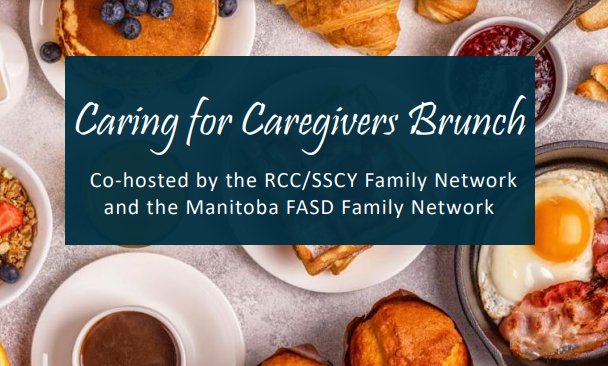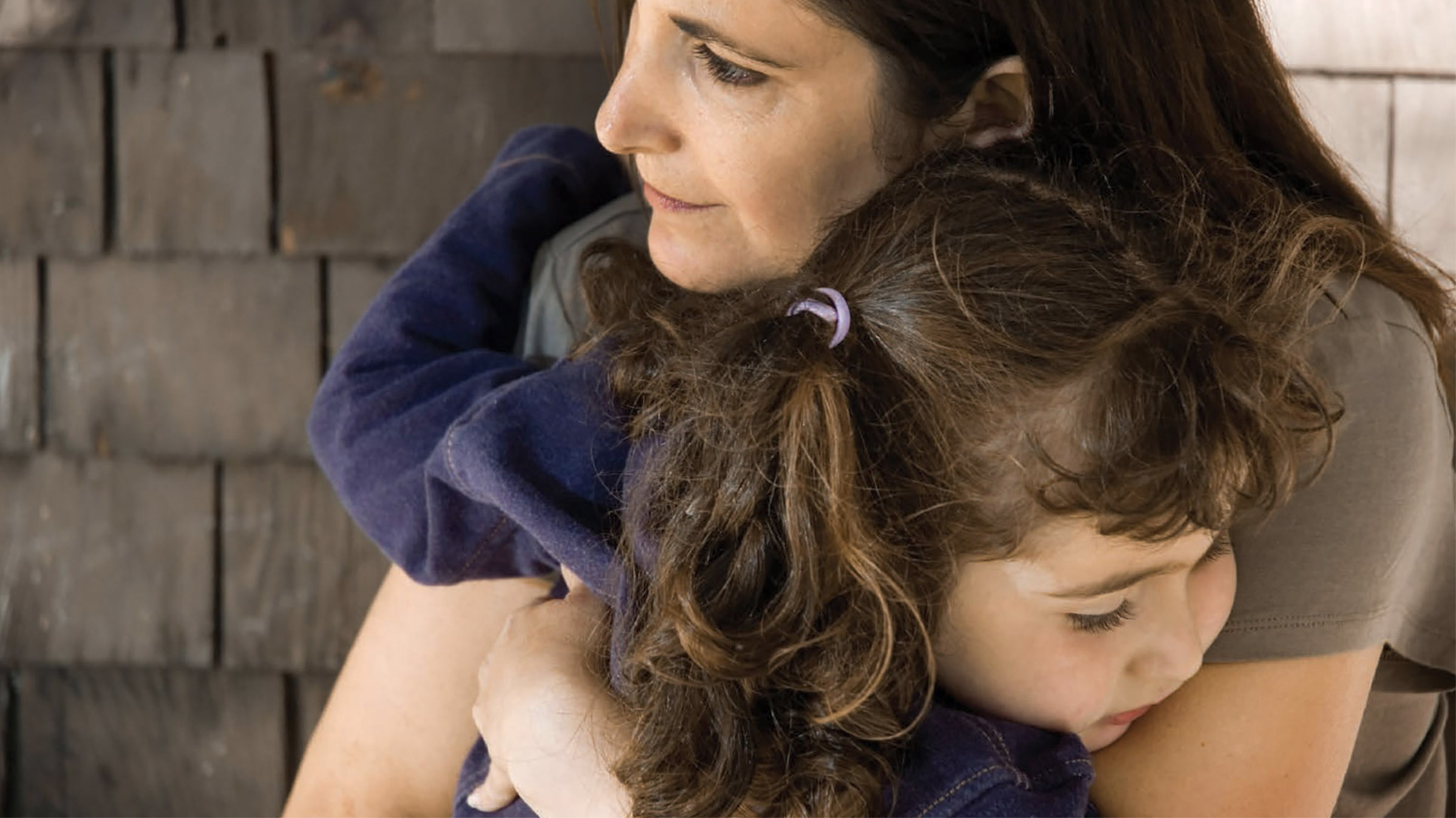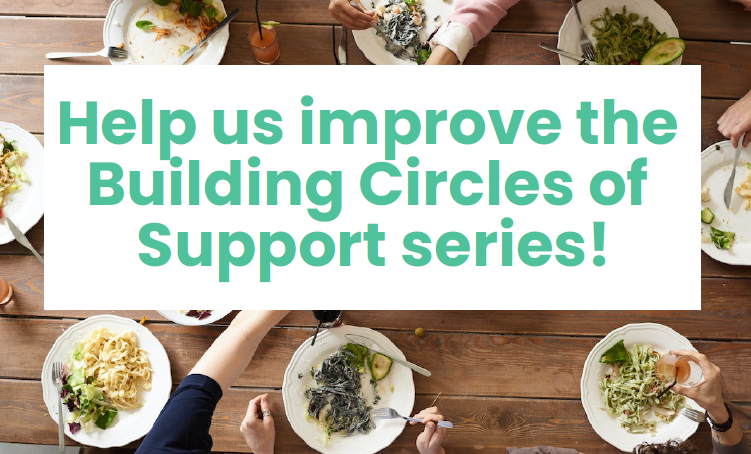Welcome to WEEK #3 of the Creative Substitute for “Building Circles of Support!”
Our topic this week is ADOLESCENTS!
To introduce this topic, we would like to start this week’s session by sharing a letter written by a 15 year old female adolescent living with FASD. She willingly wrote this letter to help others with FASD who might be dealing with the same fears and emotions that she has. It describes so well her thoughts and feelings around the COVID -19 pandemic and the strategies she has come up with to help her cope. Please share this with your adolescent living with FASD if you feel it could help them. It might help them feel that they are not alone and that there are others out there with FASD who are dealing with similar issues and questions. It is entitled “Pandemic Life”:
I think that life with the corona virus pandemic is really isolating. It’s hard not seeing my friends at school because I like to socialize. Lots of my friends aren’t even allowed to go out because their parents are too scared. I also don’t like that gyms and pools are closed because I like to go to spin class, work out and go to the mall and now there is nothing to do.
It’s also hard not having the same routine that I always have. It makes me feel stressed and disorganized to not get up and go to school.
I actually don’t mind doing the actual school work online because I can do it in my pajamas and I’m not distracted by people and I can do things more at my own pace.
I feel worried that the things in dystopian movies like “Hunger Games” where something happens then other bad stuff happens could happen here because of COVID.
I think the corona virus might be easy for some people because they like to isolate themselves, but for people like me who like to be out and about and see people and do things, it’s not that great.
Some things I am doing to help me get through are to try and make a routine for myself. I set aside 3 hours every day (from 1pm-4pm) to work on school work. I’m trying to eat healthy and stay hydrated and am trying out new vegan recipes. I am going running outside to get excercise and doing stair workouts on the TV. I’m playing lots of video games online to distract myself and to do stuff with other people. I’m trying to limit my time on social media because there is always corona virus stuff on it and it makes me stressed.
I am trying to do things for my mental health like reading books, taking warm baths and doing home spa treatments. Hanging out every once in a while with my cousins and the two friends that my mom lets me see helps a lot. My mantra these days when I’m feeling not good is “Don’t get depression, Don’t get depression”. I sing that and it makes me and everyone else in my house laugh. I hope the pandemic will be over soon!
Age 15, Grade 10.
In continuing with our topic for this week, let’s all just take a minute to recognize that parenting is hard. Parenting a teen with FASD? Even harder. It is important to understand that our adolescents are just like other teenagers, struggling with many of the same issues, social complexities, challenges and hormones. What makes our adolescents unique is that often our teens have brain based challenges that make these areas more difficult to navigate and more stressful or worrisome for parents and teachers. Managing this stage in development is a challenge at the best of times. Attached here is a short 2-page piece on how to navigate through these years called Strategies and Approaches to Working with Adolescents with FASD.
As many of you are, or will be, parenting adolescents with FASD, this week’s resources focus on the complex challenges and age-specific topics when working with adolescents with FASD:
1. Every Day is an Adventure: What Parents and Caregivers Need to Know About Fetal Alcohol Spectrum Disorder (FASD)
This guide will help you understand FASD and will attempt to answer many questions that you may have as caregivers. We specifically direct you to the chapter on Helping Your Pre-Teen and Teenager with FASD (pg. 47-54).
2. This Is Me: This website is a visual learning tool designed to assist individuals with FASD. The interactive website is a great fit for youth who are visual and like to spend their time using electronic devices. The online resource will also help families, caregivers, educators, and practitioners gain a better understanding of FASD.
3. Keeping Teens Safe Online and Smartphone Safety: This website is a great tool for downloading resources on how to keep our youth safe online, knowing the risks of social media and also some great one-page information sheets on healthy relationships and boundaries. Protect Kids Online also has some great information for caregivers; answering your questions about different apps and how to monitor your teen’s online activities.
4. You Can Do It Too! A Comic Book on Understanding FASD This resource can help to explain FASD to your child or youth in a visual and interactive way. The comic book style of this social story is a great age-typical way of teaching all kinds of individual skills or topics to kids with FASD, who often have strengths in their visual learning.
5. Accessiblechef.com This website has a wide range of online, visual recipes. Free visual recipes and other resources to help teach cooking skills to individuals with disabilities.
Lastly, we wanted to include a list of Downloadable Apps (for Apple and Android) that may be helpful for the adolescents in your lives:
1. myHomework app: a homework scheduler for your phone.
2. Bankaroo or Left for Spending: both are visual and simple for teens to use to learn to budget their money.
3. Pandora, Mindshift or Happify: all three of these apps are good for monitoring and regulating your mood and are geared towards adolescents.
4. Stop, Breath + Think: regulation app for managing escalated moods and learning to breathe.
5. Viscosity Liquid Fire: fun regulation app that uses an interactive fluid simulator manipulated with just one finger.We hope that some of these tools may help those of you who are parenting adolescents with FASD .



